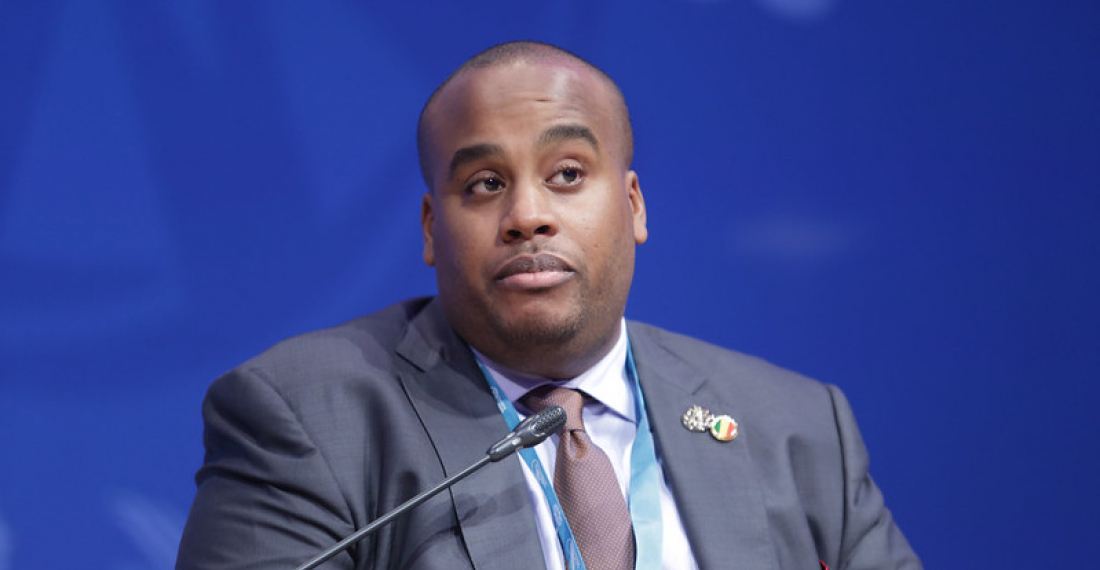An international arrest warrant was issued by Interpol on Monday (5 July) against Karim Keïta, one of the sons of former Malian president Ibrahim Boubacar Keïta, overthrown in 2020 by a coup. Interpol's "red notice" was issued as part of an investigation into the disappearance of a journalist in 2016.
The arrest warrant was issued at the request of an investigating judge from the High Court of commune IV in Bamako, the Malian capital, said a source familiar with the investigation, speaking on condition of anonymity. The existence of this notice was confirmed to Agence France-Presse (AFP) by an official of the Interpol representative office in Mali who also requested anonymity.
During the military coup that overthrew his father in August 2020, Karim Keïta disappeared from the radar for a few days, before appearing to have taken refuge in Abidjan (Côte d'Ivoire), certainly due to his reputation for personifying the corruption of his father's regime.
The investigation aimed at him concerns the disappearance of an investigative journalist, Birama Touré, who worked for the Bamako weekly Le Sphinx. He has not been seen since 29 January 2016, according to his family and publishing director Adama Dramé, who fear he was kidnapped, tortured and killed after several months of detention.
The director of Le Sphinx said in 2018 that Touré had previously approached Karim Keïta about a case he presented as compromising for the president's son.







